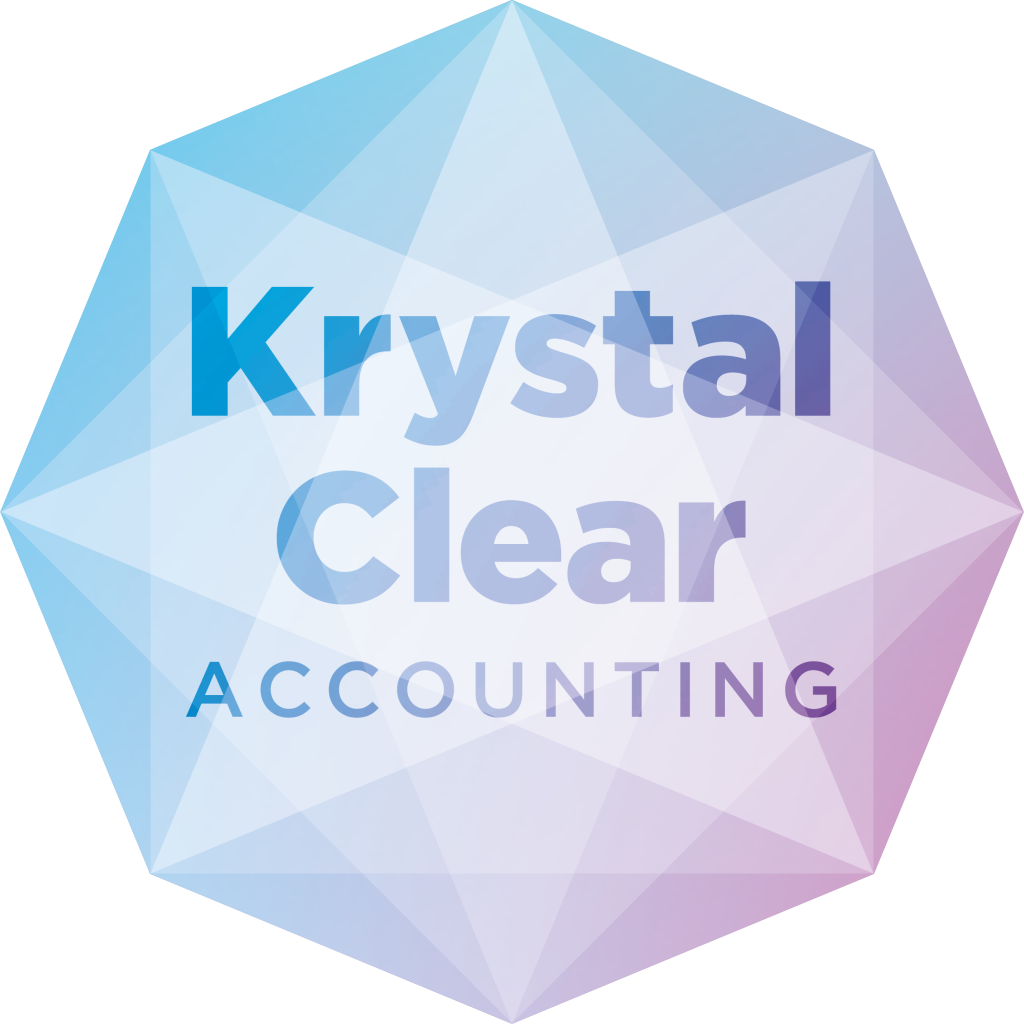From 1st April 2023 the new corporation tax rules mean there will now be two things which affect the corporation tax rate and therefore the amount of corporation tax a company will pay.
Firstly, the amount of profits made.
Secondly, the number of ‘associated’ companies it has.
Knowing what constitutes an ‘associated company’ will become an important piece of information as it will affect the amount of corporation tax a company will pay.
This article will summarise the main rule changes and how they are likely to affect you.
Let’s get started.
What are the New Corporation Tax Rules?
From 1 April 2023 the rate of corporation tax a company will pay will be largely determined by how much profit that company makes.
Taxable profits over £250,000 – corporation tax rate of 25%.
Taxable profit of £50,000 or less – corporation tax rate of 19%
Taxable profit between £50,000 and £250,000 – corporation tax rate of 19% on first £50,000 and then 26.5% on any profits made between £50,000 and £250,000.
How does the number of Associated Companies affect Corporation Tax?
From 1st April 2023 the taxable profit threshold figures of £50,000 and £250,000 will be divided by the number of associate companies.
SO.
IF a company has one other company which is associated then the profit thresholds will be divided by two. This means the corporation tax rates which would apply would change to :-
Taxable profits over £125,000 – corporation tax rate of 25%.
Taxable profit of £25,000 or less – corporation tax rate of 19%
Taxable profit between £25,000 and £125,000 – corporation tax rate of 19% on first £25,000 and then 26.5% on any profits made between £25,000 and £125,000.
Worked Example
Company A makes a profit of £100,000 & has no associated companies.
Will pay £22,750 corporation tax.
Company A makes a profit of £100,000 & has company B as an associated company.
Will pay £24,625 corporation tax.
That’s an extra £1,875 corporation tax to pay just because it has a single associated company.
What makes a company 'Associated'?
A company is associated with another company IF one is under the control of the other.
Companies are usually associated with each other where they are under ‘common’ control. The two key words here are common and control.
- Common means both companies are controlled by the same person (or persons).
- Control means a person has more than 50% of the share capital, or voting power, of a company.
That means common control will exist where companies have a shareholder or same group of shareholders that own more than 50% of the share capital.
Are there any exceptions?
There are indeed some exceptions and the main three are listed below.
IF any of the following exceptions apply then that company won’t be considered to be associated with another.
- Dormant companies. Are excluded completely.
- Passive holding companies. These companies do nothing other than receive dividends from subsidiary companies and pay dividends to its shareholders. Other than that the company has no other activity.
- Companies with NO substantial commercial interdependence. So, companies may be under common control BUT if there’s no substantial commercial interdependence then they won’t be considered to be associated.
HMRC’s guidance says two companies will be ‘commercially interdependent’ (and therefore associated) IF ANY of the following three factors apply.
- Financially interdependent
This means that one company is supporting the other.
Eg By lending it money or guaranteeing its borrowings, or if they both have a financial interest in the same business.
- Economically interdependent
This is where they have the same economic objectives, or where the activities of one company benefit the other, or where they have customers in common.
- Organisationally interdependent
This occurs where the two companies share the same resources.
Eg Have same management, employ the same people, share premises or equipment.
In Summary
It is now important that business owners have clarity on which of their companies are under common control and therefore could be associated.
If there are any potentially associated companies then steps should be taken to reduce the amount of commercial interdependence so that it isn’t substantial.
Doing this will reduce the number of associated companies and therefore avoid paying higher amounts of corporation tax.
A good accountant will be able to help you clarify the number of companies to be treated as associates, and highlight opportunities to reduce the number to save you tax.


